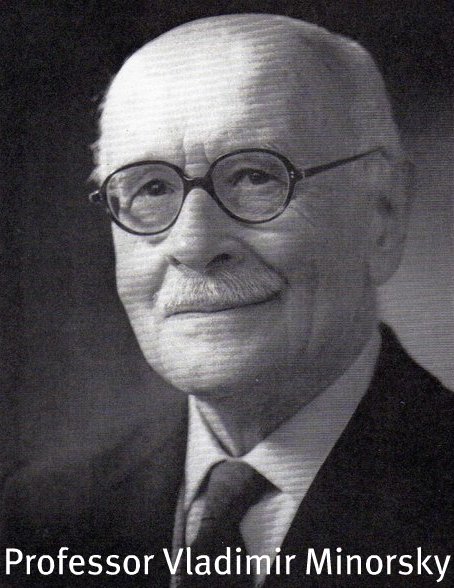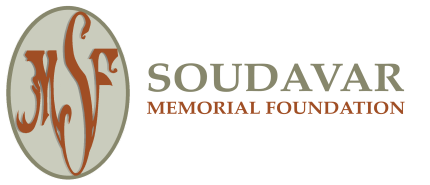Russian Orientalism to Soviet Iranology: The Persian-speaking World and its History Through Russian Eyes

he Soviet Union possessed a long tradition of Iranian Studies, a tradition which it inherited from imperial Russia but transformed to suit its sense of its own historical mission. This tradition had its origins within the framework of Russian Orientalism as this developed during the nineteenth century age of imperial expansion. After 1921, under the auspices of the new Soviet regime, Iranology grew into an extensive and well-organized field, producing large quantities of books and articles every year. Despite the reputation acquired by individual Russian scholars of Iran such as Vladimir Minorsky, this tradition of scholarship remains largely unknown in the West. Little has been translated and Russian is not conventionally seen as a language necessary for scholars of Iran.
This workshop proposed a re-examination of this tradition, taking as its disciplinary focus Russian/Soviet historical research on Iran and the Persian-speaking world. It had three objectives: to acquaint a wider audience in western Europe and the US with the work of Russian/Soviet scholars of the history of Iran and the Persian-speaking world; to initiate a discussion of possible new directions in historical research on this region opened up by the wider availability of Russian source materials; and to begin to integrate an analysis of Russian/Soviet Iranian Studies into the critique of Russian Orientalism, derived from Edward Said, which has emerged since the collapse of the Soviet Union.
The conference was convened by Professor Edmund Herzig and Dr Stephanie Cronin.

